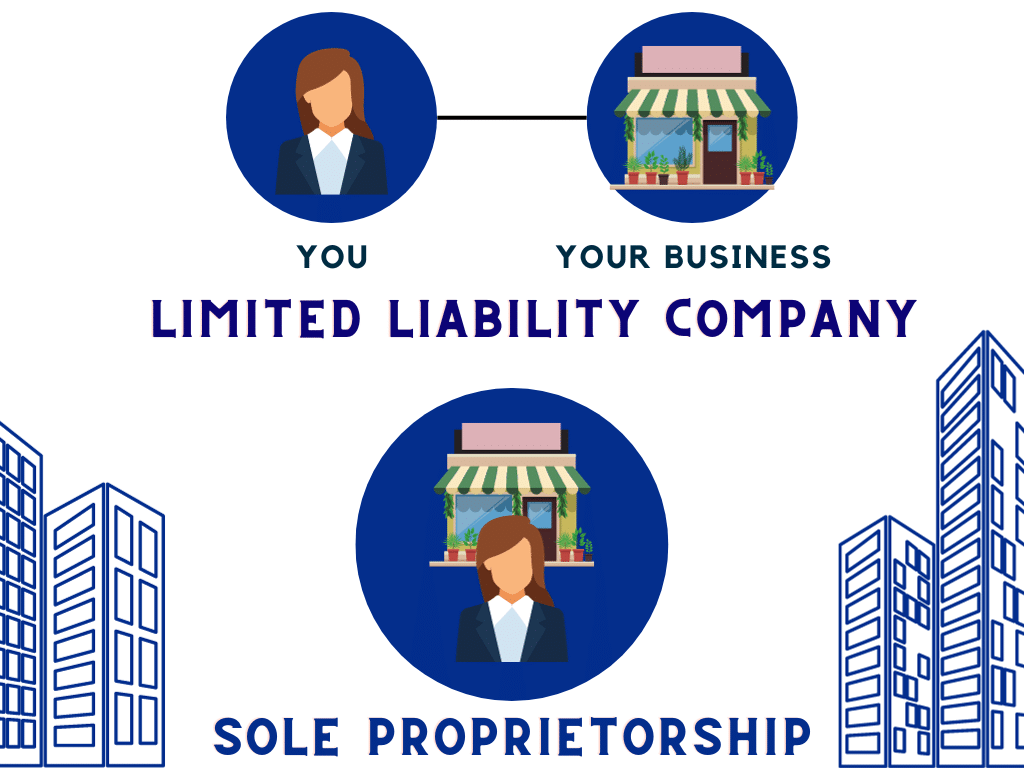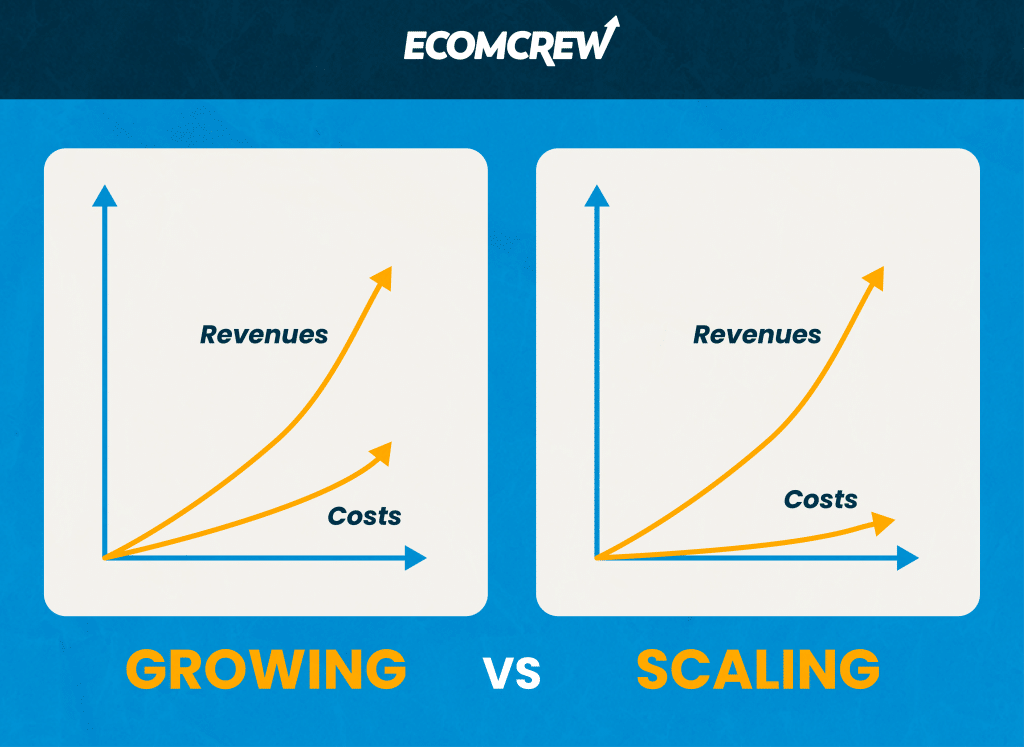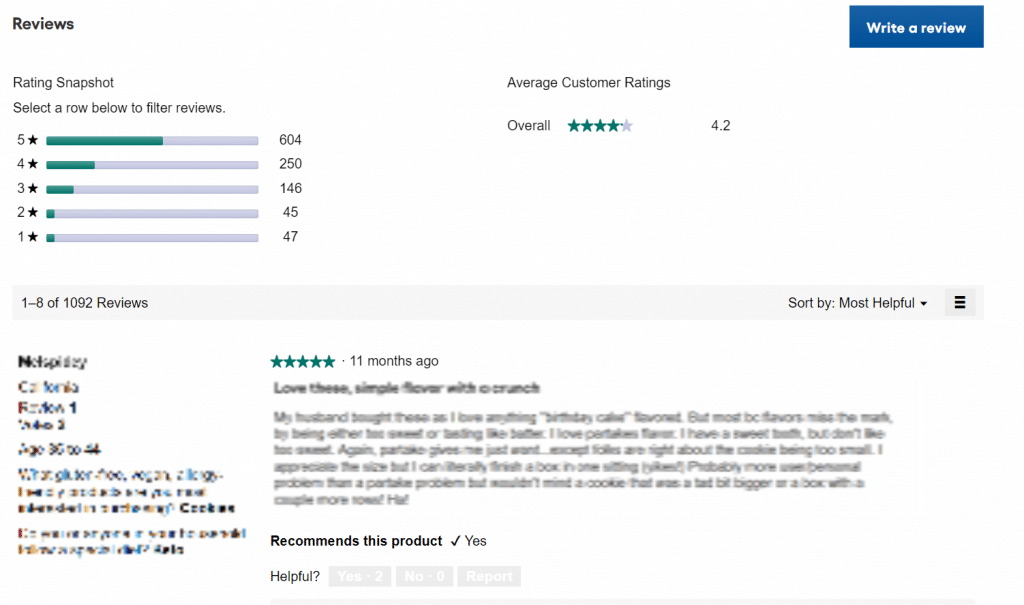LLC Expansion Strategies for E-commerce Success: Scaling Your Online Business for Long-Term Stability

When you first launch an e-commerce store, it’s perfectly natural to feel a sense of trepidation. Even if you’re confident in your product, it’s hard to predict just how popular your wares will be, or how successful your business will prove over the long haul.
But once your products start to find an audience, you’ll want to start thinking strategically about how you can sustain long-term success. In other words, you’ll want to adopt a plan to scale your company in a smart, focused manner.
There are a number of ways for e-commerce companies to scale, and foremost among them is choosing the correct business structure. For most e-commerce companies, the best structure for scalable growth is the Limited Liability Company, or LLC.
Registering Your e-Commerce Company as an LLC
So what is an LLC, exactly? Basically, when you register your business as an LLC, it creates a brand-new legal entity. In other words, you and your business are separate in the eyes of the law. By contrast, when you’re a Sole Proprietor, you and your business are effectively one and the same.

This has a number of implications, but one of the most important ones is that your business assets and liabilities are separate from your personal assets and liabilities. What this means is that, if your business is hit with a lawsuit or attracts an aggressive creditor, your personal wealth is shielded.
Why LLCs Promote Scalable Growth
There are a number of reasons why registering an LLC helps promote scalable growth for e-commerce companies. For example:
- Thanks to those personal wealth protections, you can invest in your e-commerce company with total peace of mind.
- You have a lot of flexibility to change your tax reporting structure as your business grows.
- LLCs convey professionalism and legitimacy, making it easier to attract investors, partners, and customers.
- Having an LLC will allow you to establish separate business banking and checking accounts, further enhancing your sense of professionalism.
How to Register Your LLC
The actual steps for registering your e-commerce store as an LLC may be a bit fluid from one state to the next, but generally speaking, the process looks something like this:
- You’ll need to register a name that isn’t already in use by another LLC in your state.
- Every LLC must have its own Registered Agent. (For an example, consider the Northwest Registered Agent $39 deal.)
- Registering your LLC involves filing Articles of Organization with your state, then paying a nominal LLC fee.
- Though it isn’t strictly necessary, you’ll probably want to create an Operating Agreement, outlining how your LLC is actually managed.
- It’s also important to grab an employer identification number (EIN) from the IRS, then to set up a business bank account.
- Also, make sure you’re aware of any annual reporting requirements in your state.
The bottom line: The LLC structure is an important foundation for scalable e-commerce growth. And yet, there are plenty of other steps online retailers can take to guide their LLC expansion.
How to Grow Your e-Commerce LLC
Consider this comprehensive guide to e-commerce scalability.
1) Understand the difference between scaling and growing.
This might seem like an odd place to start, yet it represents a common misconception among business owners. Simply put, if you’re going to scale your e-commerce company, you first need to know exactly what that term implies.
Simply put, scaling a business is not the same thing as growing it. When you merely grow your business, you’re increasing your revenue but also expending a lot more resources, including staff, capital investment, and so on. As such, you may be closing more sales, but you’re not necessarily bringing in higher levels of profit.

When we talk about scaling an e-commerce business, on the other hand, we’re talking about boosting sales without a massive increase in overhead. In other words, your profits are growing at a rate that is disproportionately high when compared with your increased costs.
Growing your company can certainly be a good and desirable thing, but truly scaling it is how you’ll ensure sustainable success. Knowing this distinction is absolutely crucial as you strategize about the future of your e-commerce LLC.
2) Shore up your e-commerce website.
It can be said that a retail company is only as good as its products. For e-commerce merchants, however, the reality is a bit more complicated than that. In a lot of ways, your e-commerce business is only as good as its website.
Simply put, your e-commerce website should be doing a lot of the heavy lifting for you: Drawing traffic, converting leads, and enhancing your brand’s reputation. It’s the foundation for your e-commerce success. So, as you consider ways to scale your e-commerce business, it makes sense to invest in making your website as strong and effective as possible.
Consider some of the best ways to fortify your e-commerce website:
- Run some speed tests, ensuring that your site loads quickly (four seconds or less) on all browser and device types.
- Double-check that you have a responsive design; again, make certain the site performs well on all browser and device types.
- Simplify your site architecture. Ideally, your visitors should be able to access the information they need with no more than three clicks.
- Ensure your site has SSL and other important encryption protocols, providing your customers with peace of mind that they can shop safely.
- Create a clear call to action structure throughout the site, guiding your visitors through the sales funnel.
- Be attentive to SEO, embedding keywords naturally and judiciously throughout your content and your metadata.
In short, your website should provide a solid foundation for scalable e-commerce success.
3) Be strategic about automation.
As your customer volume grows, you’ll naturally find it harder to keep up with orders. One way to handle the growing volume is to hire personnel… but of course, that entails a significant uptick in staffing costs. (See our previous point about the difference between growing your business and scaling it!)
Sooner or later you probably will need to make some strategic staffing investments, but also keep in mind that there’s a lot you can do with automation technology. AI and machine learning have made automation even more effective and accessible. For example:
- AI chatbots can provide around-the-clock customer service, handling basic inquiries and guiding website visitors through the sales process.
- Automation tools can be used to schedule social media posts or marketing emails, removing some of the administrative burden.
There are countless ways to invest in automation, cutting the time you have to invest in tedious and repeatable tasks, freeing you to devote more of your bandwidth to strategy, leadership, and other value-adding activities.
4) Consider a fulfillment partnership.
Another way for e-commerce LLCs to handle an increased customer volume is by partnering with a fulfillment service.
Fulfillment services handle all the logistics of receiving, preparing, packing, and delivering orders. Yes, this will cost some money and eat into your revenues a bit. But it also frees a lot of time, and allows you to handle more and more transactions without any dip in your quality or punctuality. In fact, partnering with a good fulfillment service may help you to expedite your order delivery times considerably, which will only help you develop a loyal customer base.
Fulfillment services aren’t the right option all the time, but it’s at least worth considering how a fulfillment partner can help you scale your business without the need to onboard new employees.
5) Improve your customer experience.
As you seek to establish a competitive edge and to establish a loyal consumer base, there is much you can do to improve your customer experience. Consider some low-cost improvements that can yield significant long-term ROI:
- Create FAQ pages to address some of the inquiries your customer service and sales team receive on a regular basis.
- Develop a robust library of blog posts and videos that help potential customers understand your product offerings better.
- Send out customer service surveys to your repeat buyers, trying to determine additional ways in which you can step up the customer experience.
- Consider offering live chat options (again, AI automation can be a boon).
- Start offering customer service via social media DMs. (Just ensure you have the resources to respond promptly.)
Anything you do to improve the customer service experience will ultimately help you achieve sustainable, scalable expansion.
6) Cultivate social proof.
Before purchasing a product, customers need to feel like your brand is trustworthy. One of the best ways for you to build that trust is by providing evidence that other customers have purchased your products and been satisfied by them.
There are a number of ways to do so. Consider:
- Seek out testimonials from your satisfied customers and post them on your website and social media.
- Set up your Google Business Profile so you can receive online reviews. Monitor your reviews, taking time to respond to each one.
- If you get too many reviews to keep up with, look into review management software. (See previous comments about automation.)
- Intentionally seek out reviews, ensuring each email invoice or receipt has an invitation for the customer to leave feedback.

7) Provide trust signifiers.
Reviews are just one way in which your e-commerce brand can establish trust. Consider some additional strategies for demonstrating the integrity of your products:
- Provide clear notice about your guarantees or warranties.
- Ensure that customers can easily identify your process for refunds or returns.
- If you have any third-party validation (e.g., third-party testing or independent accreditation), highlight this throughout your website, including on all relevant product pages.
The long and short of it: One of the best ways to prepare for scalable sales is by taking every possible action to earn customer trust.
8) Get to know your customers.
By gathering insights about the people buying your products, you can fine-tune your messaging, precision-hone your marketing efforts, step up your website game, and even ideate some new product ideas. Make data collection an ongoing part of your business growth.
The question is, how can you get data? In this era of heightened privacy concerns (and with third party cookies increasingly frowned upon), caution is necessary. Still, there are some useful tools for developing customer insights:
- Be sure your e-commerce website has Google Analytics 4 installed on the back-end, providing you with a ton of invaluable information about the typical customer journey.
- Send our surveys on a regular basis, gathering insight into how customers perceive your products and your online experience.
- Use lead generation forms (e.g., email newsletter signups) to collect some basic demographic information about your customers.
In this era of Big Data, there’s plenty that your e-commerce company can do with metrics, analytics, and survey results.
Formulate a Plan for Scalable Success
Starting an e-commerce store can be exciting, but also a little daunting. Even the most carefully-planned e-commerce undertaking isn’t guaranteed to succeed. But if your business venture does start to take off, there are a number of strategies you can use to facilitate long-term scalability.
To recap, our tips include:
- Registering your e-commerce as an LLC.
- Understanding the key distinctions between growing and scaling your business.
- Investing in a great website.
- Investing in automation.
- Seeking a fulfilling partner.
- Focusing on customer experience.
- Cultivating reviews and other forms of social proof.
- Keeping an eye on data and analytics, revising your strategy as needed.
By abiding by these guidelines, you can ensure your e-commerce store has everything it needs to thrive over the long haul.



